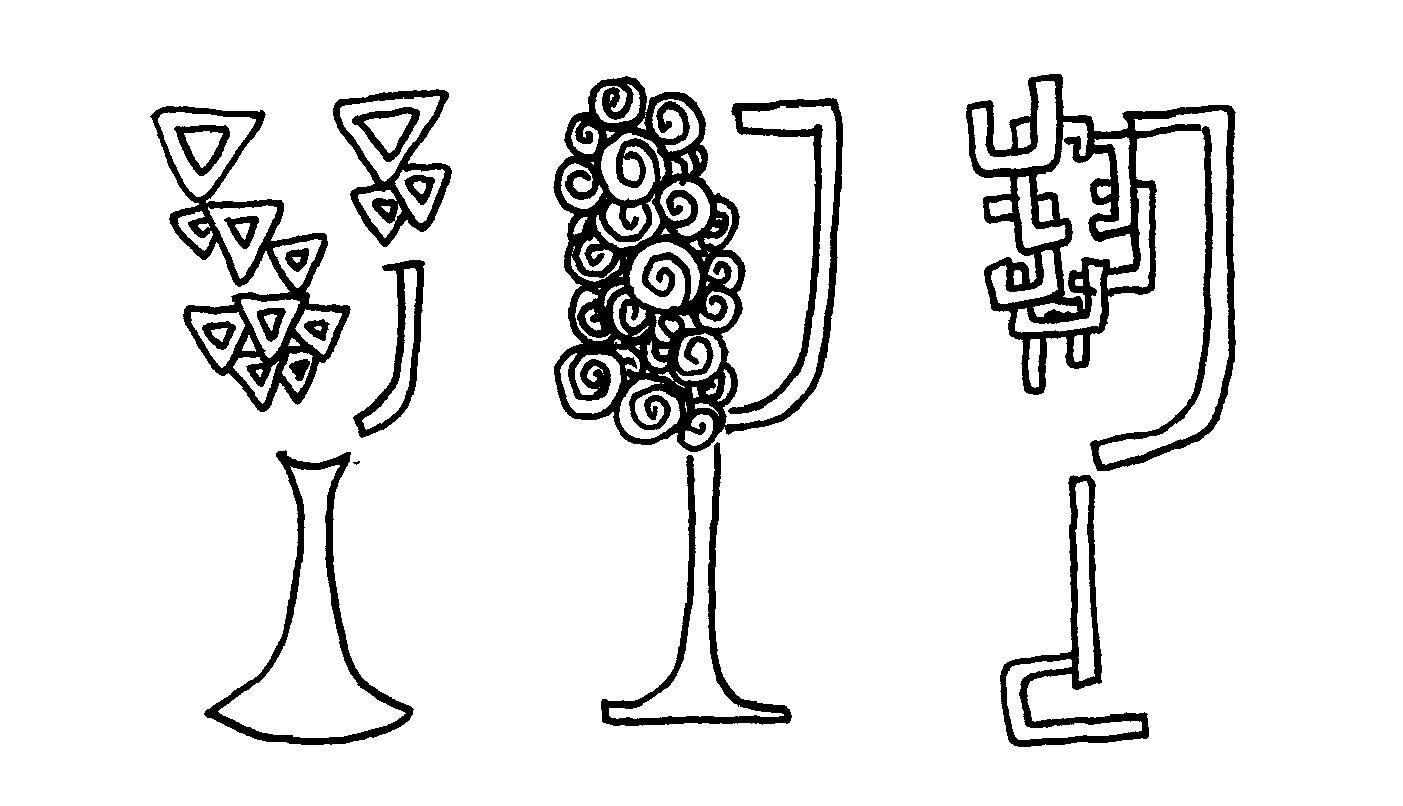WTF is Orange Wine?
What is orange wine?
It’s one of the most frequently asked Sunday School questions: what the f**k is orange wine? Orange wine is ancient yet modern, controversial, quirky and possibly unlike anything you have tasted before.
But in short, what is it? And is it made from oranges?! The answer is no, it’s not made from oranges. Orange wine is a white wine that is made in the style of a red wine. Don’t worry, we'll explain. Read on!
First, let’s start with a few words from the wine glossary:
Pigment: what gives red wine its color
Tannin: the stuff that causes the bitterness in red wine; it dries out your mouth (the cotton ball sensation)
Juice: the clear liquid inside the grapes
Skin: the outside layer of grapes
Macerate: the process of soaking the crushed grapes (a juice and skins holy matrimony)
Pigment and tannin are found in the skins of the grapes. In order for wine to pick up color and tannin, the juice of the grapes must macerate—we like to imagine it as a grape stew—with the skins of the grapes.
When making red wine, the grapes macerate with the skins anywhere from a few days to a few months. But when making white wine, the skins are removed immediately—there is no skin-soaking happening here (and therefore, no tannin or pigment in the final wine).
Ok, got it. But still, what is orange wine?
Alright, if you take those white grapes, but instead of getting rid of the skins right away, you let them macerate with the juice (as if you were making red wine), then that juice will pick up both the pigment and tannin from those white grape skins giving you, da da dada...orange wine.
You might hear this style of wine called, more technically, “skin-contact.” This happens because...that’s right, the juice is contacting the skins.
Phew, it all makes sense now.
What does orange wine taste like?
Orange wine is a super-broad category. Some “baby” orange wines, as we like to call them, might have only been macerated on their skins for a number of days and could easily be mistaken for a very savory rosé, or possibly a full-bodied, full-of-texture white.
But when most people think of orange wine, they think of the weird, funky stuff. These are typically the wines that have macerated on their skins for a number of weeks or even months. (We’ve seen some that have been macerated on their skins for up to a year!)
These will most likely have lots of tannin (or that bitter, cotton-mouth sensation) and will often taste like dried fruits (especially apricot and peach), paint lacquer or varnish (nicer than it sounds), and honey, apple, with sometimes nutty aromas. Though we’ve also had some Georgian versions that taste like cooked cabbage and baked pear (weird yet confusingly delicious).
Do I really want to drink orange wine?
Why not!? If you’re up for an adventure, orange wine will surely take you on one. Even for the less brave, looking for one of those “baby orange wines” might introduce you to a new favorite, less predictable, and much more exciting version of wine to replace your Sunday afternoon sunny porch rose.






Did you know…There are high chances that the oldest wine known to man could have been an orange wine?